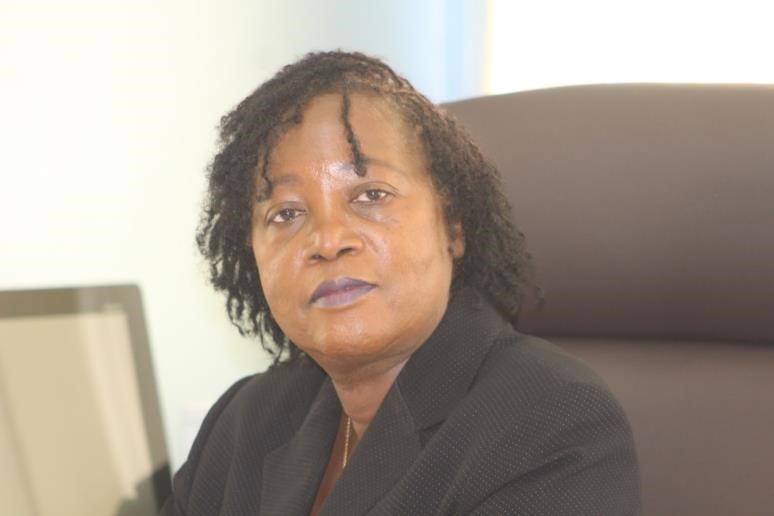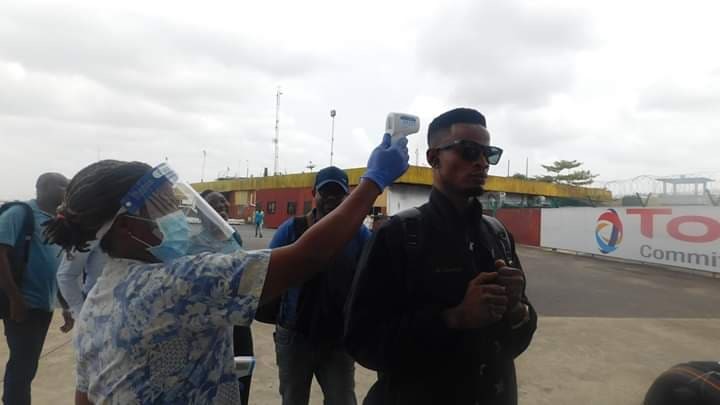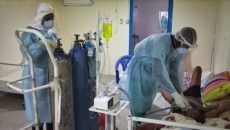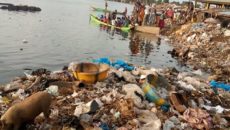MONROVIA, Montserrado – As the deadly coronavirus continues to spread around the world, so is the fear and anxiety among many people.
The coronavirus, which emerged in central China in late Dec 2019, has spread to 105 countries, sickening about 110,000 people and killing over 3,800, mostly in mainland China. South Korea has the second-highest number of cases after China, where the virus began two months ago, although Italy could soon become the second highest.
Despite scientists telling people not to panic, many countries the world over have suspended schools, public events, and imposed travel restrictions.
Global health experts had anticipated that the virus would most likely spread to Africa from China, which has increased its ties with Africa enormously over the past two decades.
To combat the potential spread of the deadly outbreak, airlines including Egypt Air, Kenya Airways, and South African Airways have suspended their flights to China.
Ethiopian Airlines, which operates the largest number of flights between China and Africa, has refused to follow suit despite widespread criticism from political and business leaders across the continent.
Recently, the Kenyan government faced criticism for allowing China Southern Airlines to resumed flights from Guangzhou Province in China to Nairobi, the Kenyan capital.
The Kenyan government said that all 239 passengers on the first plane after the service restarted had been screened onboard, cleared and advised to self-quarantine for 14 days. But on social media, many expressed outrage about the flights, calling officials negligent.
After numerous lawsuits were filed against the government, Kenya’s high court temporarily suspended flights from China for ten days.
Other countries are denying entries altogether to visitors or placing them into quarantine. This goes against guidelines from the World Health Organization, which notes that these measures are not always effective.
Liberia’s Health Minister, Dr. Wilhelmina Jallah, speaking in an exclusive interview with The Bush Chicken about the preparedness of the country in the wake of the spread of the virus, said the government has tightened its surveillance and testing.

Liberia’s Health Minister Dr. Wilhelmina Jallah. Photo: Zeze Ballah
“We have some testing kits in the country to do rapid tests in the case of a Coronavirus case and also manage such,†Jallah said.
When the virus started to increase in China, Jallah said the National Public Health Institute of Liberia and its partners were able to quickly put together a preparedness plan.
The plan, according to the health minister, consisted of a team deployed at the Roberts International Airport that monitors passengers entering the country.
At the country’s various entry points along its land borders, Jallah said immigration, police, and military personnel are tracking the temperature of travelers and ensuring that all hands are being washed properly.
“Currently, Liberia has four observation sites in Margibi, where the [Roberts International Airport] is located, and closely monitoring the four high-risk countries to include China, Italy, South Korean, Iran, and Japan,†she said.
Jallah emphasized that health authorities would add other high-risk countries on its communication advisory list as conditions changed around the world.
In Liberia, whenever someone is suspected of having symptoms of the virus, Jallah says they will be kept in one of the preventive sites and monitored for 14 days. She noted that while in quarantine, those individuals would be provided with basic amenities, including scratch cards and meals.
Jallah stressed that health authorities have also cautioned residents in border towns and villages not to allow strangers to enter into the country through unauthorized entry points.
The health minister pointed out that health authorities are concerned about cases of the virus in several African countries, especially those in West Africa. Senegal, Nigeria, and Togo have confirmed cases of the virus.
“We are working with the West African Health Organization to keep us updated,†Jallah said, noting that the Public Health Institute has also been speaking with officials at the Nigeria Center for Disease Control for lessons learned.
Since the outbreak of the virus in China on Dec. 31, 2019, Jallah said over 200 people have arrived in the country from China. They have been quarantined and later discharged.
“I can confidently say as of today, there is no confirmed case of the coronavirus in Liberia,†Jallah said.
But Jallah said health authorities will keep monitoring. She stressed that “surveillance is intact so that in case someone enters the country and symptoms are detected, we will quickly isolate the person and provide treatment.â€
Jallah also cautioned the media thoroughly investigate before reporting about the virus.
“False reporting in the media will instill fear in the populace,†she said.
In terms of equipment and materials needed to fight the virus in case of an outbreak, Jallah said materials have been brought in and the Chinese government has agreed to help the country to prevent the virus from threatening the country.
“We are working to make sure that all of the health facilities in the country are prepared for any case of the virus,†she added.
She further said President George Weah has been supportive of the health sector and has been keen on ensuring that an outbreak does not take place in Liberia.
“The president is also listening to reports about the virus from around the world,†she said.
The Ebola outbreak that ravaged Liberia, Sierra Leone, and Guinea five years ago is still fresh in the minds of West Africans. Many Liberians are fearful that their governments are not much better prepared to detect, respond to, and contain outbreaks than they were then.
In the aftermath of the Ebola epidemic, a continent-wide Centers for Disease Control was established in 2015 and has been coordinating efforts to control and prevent the spread of diseases across the continent. The Africa C.D.C., in collaboration with the World Health Organization, has worked with countries to improve their surveillance and testing processes.
The Africa CDC Coordination Office located in Addis Ababa, Ethiopia. However, each of the continent’s five regions hosts a Regional Collaborating Center that executes the day-to-day work of the organization.
Across the continent, there are currently 26 laboratories capable of testing for the coronavirus, up from just two in early February, according to the WHO. The Africa C.D.C. has also shipped 1,000 test kits to Nigeria.
Featured photo by Jefferson Daryoue



